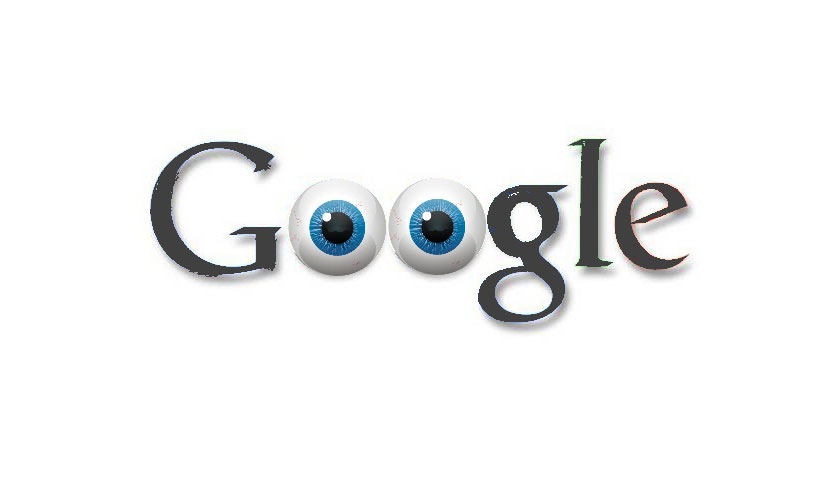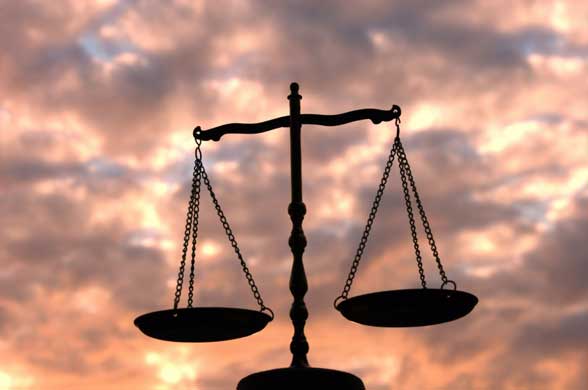I loathe fear.
I consider it the ultimate personification of weakness, selfishness and manipulation. This understanding often places me at odds with other courageous people who are trying to operate out of compassion.
While I understand this approach, I believe that such a perspective is an early step toward moral relativism. “Be merciful to her,” I am told. “He’s just scared,” they say. “We need to understand why they act this way.”
I understand fully.
Recently, I was involved in a business transaction that was potentially worth over $100,000. Our representative, a Christian like myself, was dealing fairly and openly with the other organization.
Suddenly, following a few weeks of negotiation, one of the other company’s principals became insultingly aggressive toward our rep. He attempted to instill fear in my personnel, even unto threatening their livelihood.
My wife, whom God has spiritually revealed to me is one of the most courageous people on Earth, suggested that we pray over how to proceed.
Clearly, unquestionably, God showed me the heart of the other principal and the future of the decisions and said, “Get out. Now.”
God hates fear. He told me to leave the deal because no one should operate in a spirit of fear. This includes conducting business.
Once I was on the leadership team of a small church in Florida. A prominent member of our congregation had been struggling with sin and openly disrupting the fellowship of our church. Our lead pastor asked our associate pastor to bring me in for intercessory prayer over this person, who had agreed to be prayed over.
As we prayed, this person screamed and shrieked and carried on in what was revealed as an effort to scare us.
Internally, I was furious. A holy attempt to reach out to a person’s heart was being turned into a manipulative sideshow intended to frighten.
God knows no fear. At least 350 times in the text of the Bible, He commands His people also to not fear.
Since the night of that intercession, the person who was the object of our prayers continued to wreak havoc among that church, even long after my wife and I had left it.
We in the Western world have abandoned our culture of faith, hope and love.
We have replaced it with one of intellect, arrogance and fear.
China is a Communist nation whose government is overseen by an atheistic oligarchy determined to dominate the world with their ideology.
This statement is not hyperbole. It is truth.

The advent of the recent corona virus (COVID-19) was initiated, incubated and advanced by the Chinese Communist government. Among the first people in China to tell the truth about what they were seeing with the scientific results of the disease were courageous Christians who had performed the research.
The West has obediently followed operating in this spirit of fear as we’ve panicked, hoarded and isolated.
We worship a cult of media instead of the Omnipotent, Omniscient, Omnipresent God of Love – YHWH, Jesus Christ, the Holy Spirit.
We do not worship the One, True God any longer. I should be perhaps surprised by what I see. But, like Him, I am only profoundly disappointed.
Fear is the enemy trying to separate me from Christ’s work. “Social distancing” is code for the personal loneliness of others.
While responsible, restrained action can be good, all-out cultural withdrawal and economic deterioration is foolish.
Yet, that’s exactly where we are.
And what makes it worse is that we are here at the command of our government. You are not free to choose your actions. You are commanded to comply.
Such actions from a government sound familiarly totalitarian.
If a culture built on forced collectivism and economic control wanted to crush its thriving, free neighbors, an ideal method would be to instill fear into every aspect of that free society – economic, medical, cultural.
That’s exactly what Chinese corona virus has done.
The stock markets have collapsed in one of the largest economic freefalls in Western history. The fear of losing money – also known as greed – took a strongly growing economy and crushed it overnight. Hoarding and panic buying are rampant and fracturing the supply chains.
Medical facilities in Europe are quarantining en masse and isolating the elderly from care in an effort to avoid bringing them into hospitals . . . because of fear of contamination (yet, I’m the one who lacks compassion because I don’t tolerate fear).
We have closed all public gatherings – sports, music, theater – because of fear that being together socially does more damage than being isolated and alone. The very cornerstones of our culture collapse with a meek cough and a wheeze.
We comply without challenge. Our obedience to government supersedes our obedience to Christ.
We tremble without conscience. Our comfortless hearts focused only upon survival and ourselves.
I stand in opposition.
I will allow the Almighty to use me to comfort and heal, both others and myself. I bow to no government – only to Him.
And if I die in such a ministry, I know exactly to Whom I shall return.











